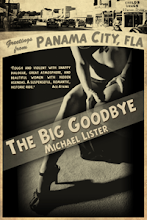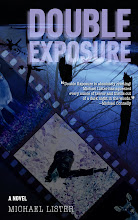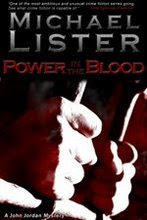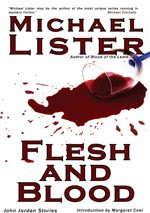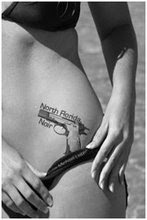
Environs change, but heroes stay the same.
Long before lone private eyes with heaters holstered beneath their seersuckers walked down the mean streets of uncaring urban back alleys, lone gunmen with six-shooters strapped to their waists walked down the dusty main streets of one-horse towns.
Listen to Raymond Chandler’s praise of the hard-boiled detective and tell me it couldn’t be applied to western gunslingers:
“Down these mean streets a man must go who is not himself mean, who is neither tarnished nor afraid. He is the hero, he is everything. He must be a complete man and a common man and yet an unusual man. He must be, to use a rather weathered phrase, a man of honor, by instinct, by inevitability, without thought of it, and certainly without saying it. He must be the best man in his world and a good enough man for any world.”
Chandler’s description of this type of hero could apply as much to Robert B. Parker’s detective, Spenser, as much as his new leading man, western lawman, Virgil Cole.
If any modern detective fiction writer understands the relationship between cowboys and detectives, it’s Parker. Not only is he the most popular and prolific contemporary writer of the private eye novel, but he has studied the form, its origins and evolution—even writing his Ph.D. dissertation on “The Violent Hero, Wilderness Heritage and Urban Reality.”
In “Appaloosa,” two Old West lawmen, Virgil Cole, and his deputy, Everett Hitch, who narrates the tale, take on corrupt rancher, Randall Bragg, who ordered the killing of the previous marshal and his deputy. Bragg is arrested, tried and sentenced to be hung, but hired guns bust him out, leading to a long chase through Indian territory, a shootout between Cole’s men and Bragg's, a further escape and a final showdown.
“Appaloosa” showcases what Parker does best—exploring why hard-boiled men are the way they are—and, this time especially, why they’re so good at honorable friendships. As usual, Parker’s prose is spare, his dialog-laden writing stripped-down and simple, which fits the western even more than the PI novel.
Linked by ethos, code, and honor, literary cowboys and private cops, particularly as Parker writes them, have far more in common with each other than either has with his contemporaries. Spenser could be in a western, just as Virgil Cole could easily be in a hard-boiled detective novel.
Landscapes change. Heroes remain the same.
Faithful to Parker’s masterful western, Ed Harris’s adaptation, which lifts many of Parker’s lyrical lines directly from the book, will satisfy fans of the novel, while working wonderfully as a new medium. In addition to proving himself once again as an artist behind the camera, too (something he did in “Pollack”), Harris makes for a compelling Virgil Cole, while Viggo Mortensen is a pitch-perfect Everett Hitch, and the chemistry between the two is magic. Like the book, the movie is more about friendship than anything else, and we have no reason not to believe that Harris and Mortensen admire and respect each other in the same way Cole and Hitch do.
One of Parker’s best books, “Appaloosa” the novel is highly recommended. Some of Harris’s best work, “Appaloosa” the movie is highly recommended.











